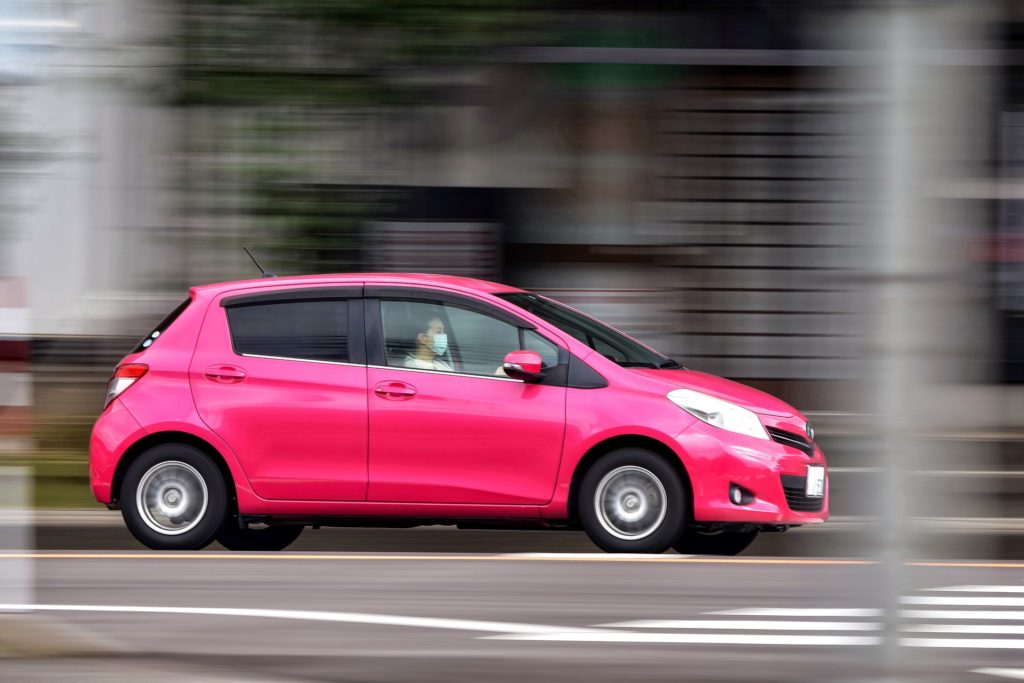
It has been ten-years since the beta launch of Uber in San Francisco. The service has since become a transportation mainstay in California, and across the globe. Now a dispute over the status of drivers in the Golden State is upending the service and CEO Dara Khosrowshahi is threatening to shut it down in California altogether. Uber’s rival Lyft announced today that it would cease operations at midnight tonight.
The conflict is over how drivers are classified under the law. Uber and Lyft say drivers are independent contractors for a technology company, whereas the State of California says that they should be employees and therefore afforded rights under the Labor Code, Unemployment Insurance Code, and the Industrial Welfare Commission.
If drivers are classified as employees Khosrowshahi concedes that Californian passengers would pay more for Uber rides. Speaking on the Vox Pivot Schooled podcast, Khosrowshahi said that fares would be around 20% higher in San Francisco, and even more in rural areas. He also predicted that 80% of current drivers would not log enough hours to continue to work for the service.
Khosrowshahi is adamant however that drivers are correctly classified as independent contractors, calling the claim that they are employees a ‘false premise.’ “They are not employees… they can decide when to work,” Khosrowshahi said on the podcast.
A Superior Court Judge in San Francisco disagrees. “To state the obvious, drivers are central, not tangential, to Uber and Lyft’s entire ride-hailing business,” California Judge Ethan Schulman wrote in a binding opinion last week. ‘People of the State of California vs. Uber Technologies, Inc. and Lyft, Inc.’ was first introduced into the San Francisco Superior Court in May. The case seeks to uphold California Assembly Bill No. 5 – an amendment to the Labor Code — that states that all workers who meet certain criteria receive basic rights and protections guaranteed to employees under California law.
Rideshare drivers at Uber and Lyft have been fighting to be reclassified as employees, and to unionize, since another court case was filed in 2013. The O’Connor v. Uber case was initiated by Uber driver Douglas O’Conner and took 6-years to be resolved. In 2019, the Ninth District Appeals Court awarded $20-million to drivers in what had by then become a class action suit.
Both Uber and Lyft are vehemently opposed to classifying their tens-of-thousands of drivers in California as employees because there are considerable cost savings in not having to adhere to U.S. labor laws. If drivers were to become employees the companies would need to pay taxes, a minimum-wage, permit workers to unionize and provide benefits, overtime, and workers’ compensation.
California Assembly Bill No. 5 took effect on January 1, 2020, and sets out a simple process to establish whether a worker can be classified as an independent contractor. Known as the ABC rule, companies must prove that a) the person is free from the control and direction of the hiring entity, b) the person performs work that is outside the usual course of the hiring entity’s business, and c) the person is customarily engaged in an independently established trade, occupation, or business of the same nature as that involved in the work performed. The California EDD states that the hiring entity must show that workers meet all of the above test conditions to classify them as independent contractors and further, that after January 1, 2020, workers will be considered employees unless proven otherwise.
Uber states that their drivers set their own schedules and provide their own cars, and are therefore not employees. The drivers however say the company has control over their workday, tells them what rides they can take, and what route to take. Since the two sides are not willing to budge, it looks like Uber and Lyft may shut down this week. Khosrowshahi says the move would be temporary while they work to resolve the driver’s employment status. “We can’t go out and hire 50,000 people overnight,” Khosrowshahi said on the Vox Pivot Schooled podcast. “It’ll take time but we’re going to figure out a way to be in California. We want to be in California.”
One solution on the horizon involves the November election. Together with DoorDash, Uber and Lyft have raised funds and received permission to add Proposition 22 to the ballot – asking voters to permanently classify drivers as independent contractors. If it passes, California Assembly Bill No. 5 will be circumvented, drivers will be denied employee status, and Uber and Lyft will continue to reap maximum profit from rideshares.
